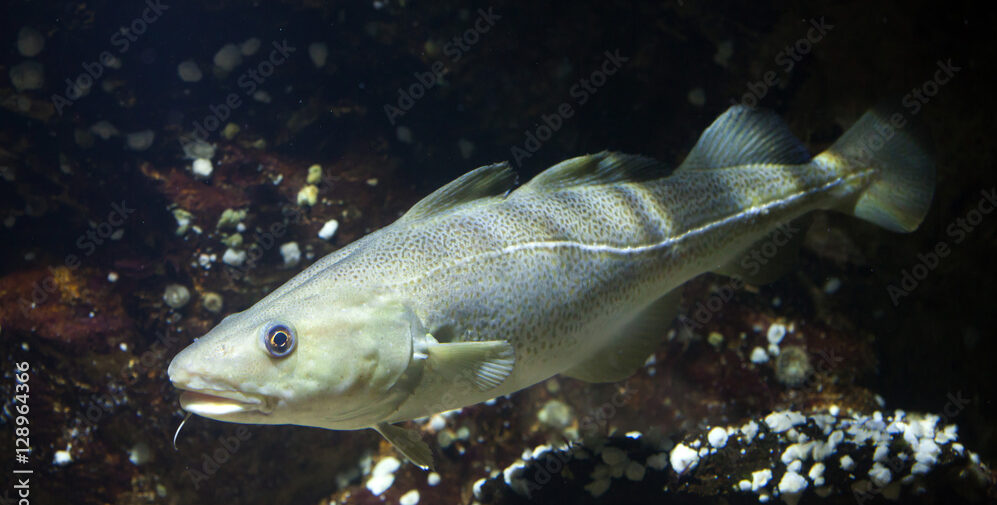Fisheries technology is divided into general subjects, specialties, on-the-job training and vocational training where the second and fourth semesters take place in the workplace. You can take courses in machine management and have them evaluated as part of workplace learning. Students who only intend to work in fish processing or other jobs on land can choose a course in aquaculture, fish processing or fisheries entrepreneurship instead of small vessel training and mechanical engineering.
During the study period, visits are made to institutions and companies related to the fishing industry, as well as two study trips abroad. Please note that part of the study may be offered as distance learning or in collaboration with other schools and lifelong learning centers.

